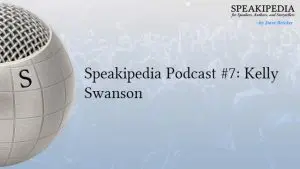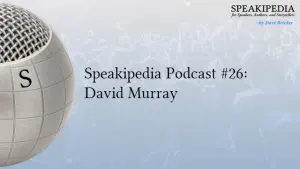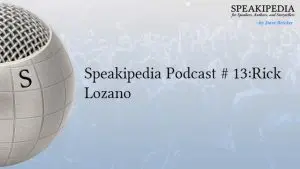A non sequitur is a statement that does not logically follow from the previous statement, often resulting in an absurd or disconnected conclusion.
Did you know that an octopus can completely regenerate an arm that’s been bitten off by a predator?
Wait! How did that get in there?
We were talking about non-sequiturs and suddenly this bit about the octopus arms… yep – that was a non-sequitur.
In storytelling or speechwriting, non sequiturs can be used intentionally for comedic effect or to illustrate a character’s erratic thinking.
A non-sequitur also happens when a conclusion is drawn that doesn’t follow from its premises:
I’ve been talking since I was two years old. Why should I have to study the art of public speaking?
In this example, the would-be speaker conflates the ability to talk with the ability to speak.
If I drink diet soda with my chocolate cake, the two will cancel each other out.
Yeah right. Non-sequitur alert!
In persuasive or logical arguments, avoiding non sequiturs is crucial to maintaining credibility and coherence.
Logical flow is key to keeping your audience engaged and persuaded.





